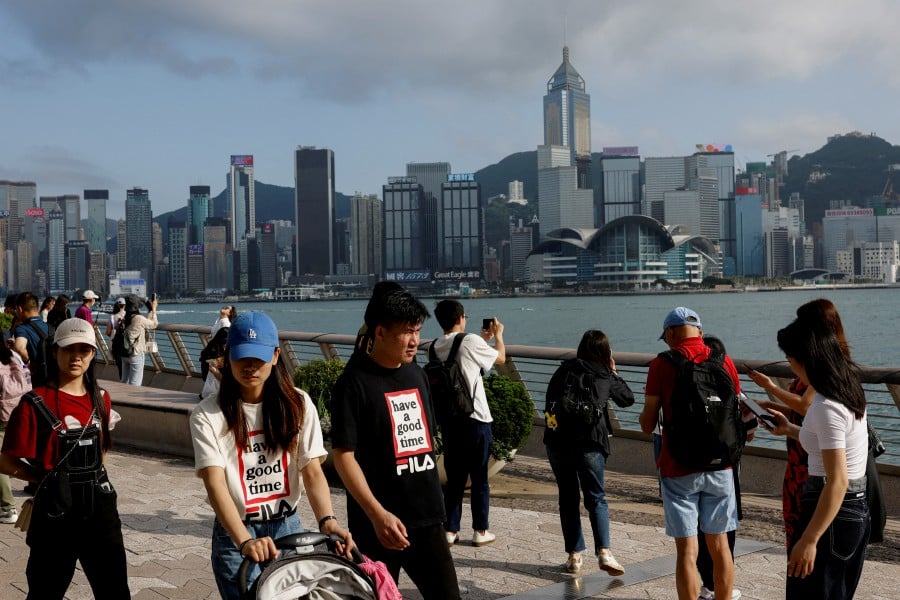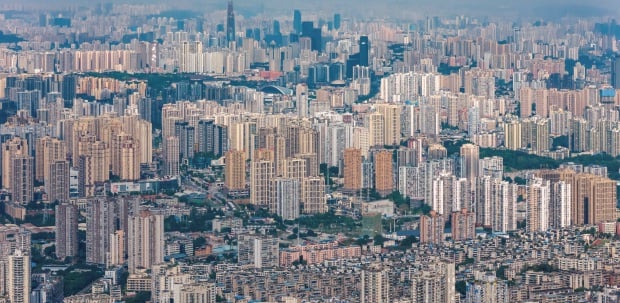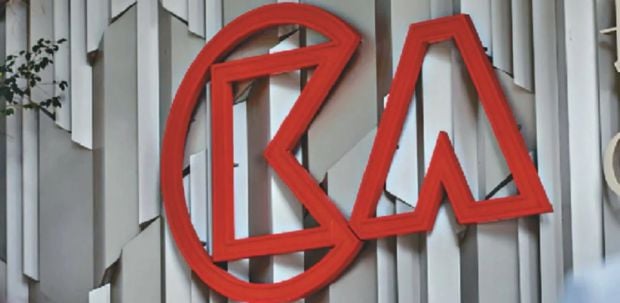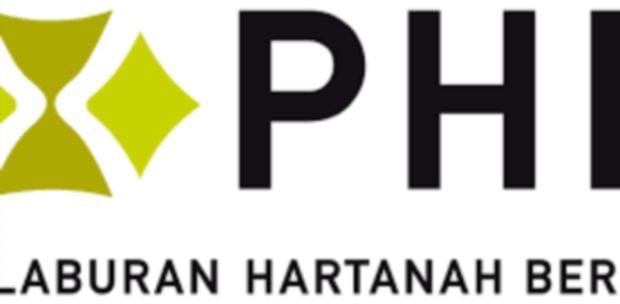HONG KONG: Asset managers are increasingly looking to dispose of their commercial buildings in Hong Kong as rising interest rates take a toll on mortgage payments, which for some have now exceeded rental income.
Some of the sales plans also come as mortgage loans are due to be refinanced, which is made more difficult when equity in the asset drops, people in credit and property markets said.
While Hong Kong reopened its borders this year after the pandemic, the recovery in the city's commercial property sales and rental markets has been weaker than expected due to rising interest rates and a sluggish global and China economy.
Office prices have dropped over 30 per cent since their peak in 2019 following anti-government protests and COVID-19, with many international firms scaling back or exiting the financial hub.
Average rents also dropped 34 per cent and vacancy rates rose to 17.3 per cent at the end of June, according to data from Cushman & Wakefield.
Sources said a few larger asset managers, eager for swift disposals, were starting to sell Hong Kong assets at discounted prices. KaiLong Group is putting two of its buildings - which both have loan facilities due this year - on the market with the deadline for non-binding bids later this month, two sources with knowledge of the matter said.
One asset is a new 25-storey Grade-A tower in the Central financial district, while the second is also a 25-storey commercial building with 41 parking spaces in nearby Wan Chai.
People with knowledge of the matter said KaiLong would like to fetch at least HK$1.5 billion (US$191.20 million) and HK$1.25 billion, respectively, for the sales. The asking price for the Wanchai asset was over 20 per cent below market price, they added.
Ivan Ho, Hong Kong CEO of KaiLong, told Reuters the company is not selling because of a "bad future" but rather through a "normal marketing exercise once assets are ready for sale."
Realtors said there was little incentive for investors to hold on to buildings because assets had run into negative cash flow due to higher interest costs.
The city's monetary policy moves in lock-step with the U.S. as its currency is pegged to the U.S. dollar. Its interbank rates also spiked this year and now hover around 2009 levels.
Buying demand has also dropped, as uncertainty over high interest rates, tighter credit conditions and elevated refinancing needs make investors more cautious.
The city saw commercial real estate investment volumes drop 65 per cent to HK$4.7 billion in the second quarter, the lowest quarterly total in 14 years, according to property consultancy CBRE.
The total in the first half was also the lowest six-month period since 2009, its data showed.
"There are more assets in the market now but it doesn't mean transactions would increase, because the expectations between buyers and sellers have drifted wider apart, and it's difficult to do financing for commercial properties," Cushman & Wakefield Hong Kong capital markets executive director Tom Ko said. - Reuters





